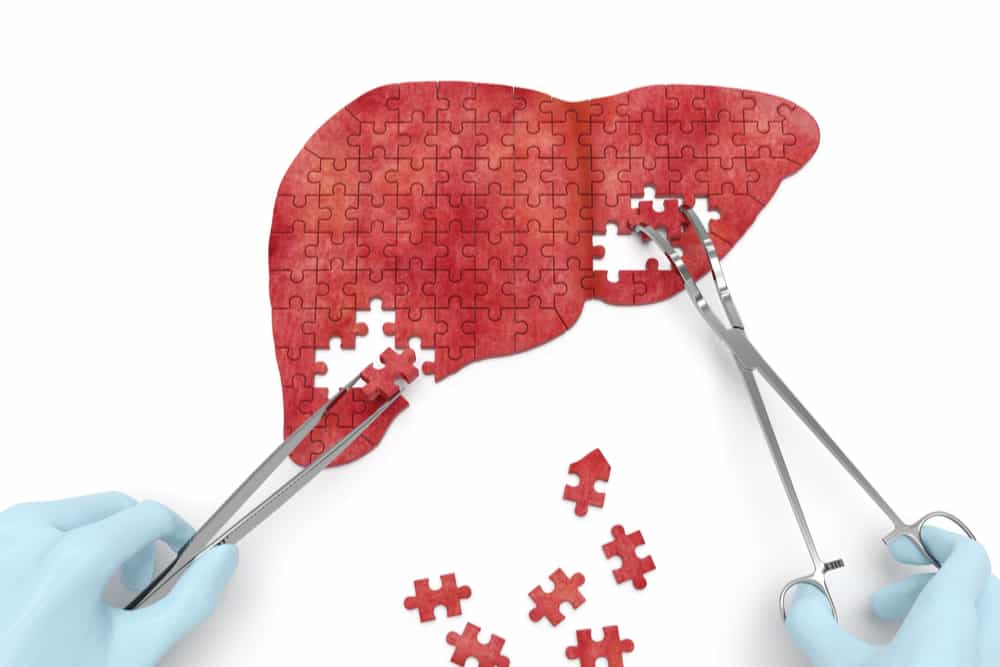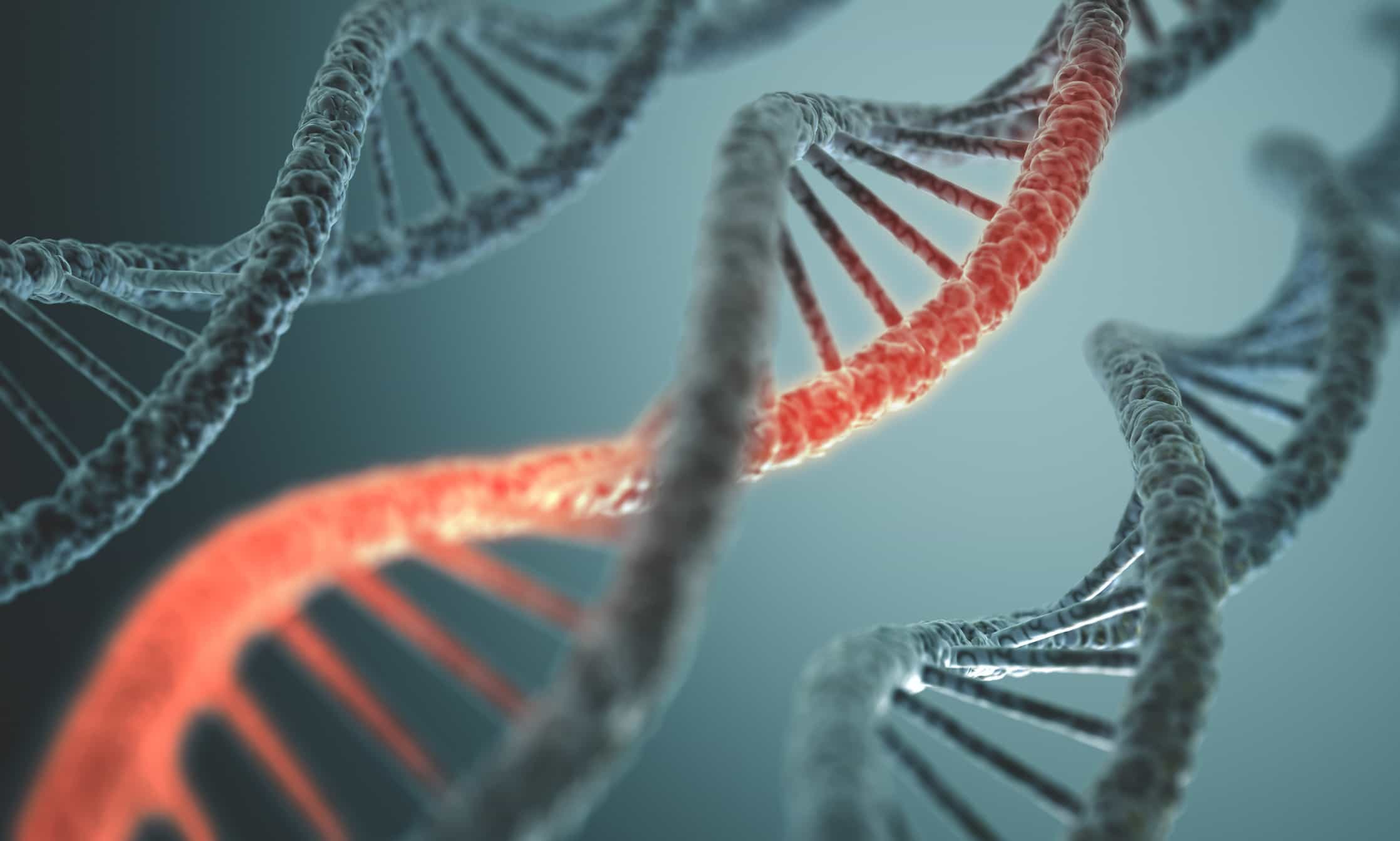Contents:
- Medical Video: YOU LOST MY DOG!?!? TWIN PRANK // Dolan Twins
- Identical twins are not completely identical
- Are allergies in identical twins always the same?
Medical Video: YOU LOST MY DOG!?!? TWIN PRANK // Dolan Twins
In most cases, allergies are a condition inherited from parent to child. Data shows that the risk of child allergies increases by about 2-4 times if the family tree has a history of allergies. The risk of having a child can be higher if the mother or both parents have allergies. Research shows that children of peanut allergic parents have a seven-fold risk of having the same allergy compared to children whose parents are not allergic to peanuts.
Then if allergies are a genetic condition, will identical twins have the same type of allergy?
Identical twins are not completely identical
Although identical twins come from the same zygote (the result of fertilizing one sperm and one egg) and eventually split in two, identical twins are not entirely exact in everything. Of course they still have the same sex, the same blood group, and physically it looks almost like a photocopy.
However, the genetic chain is not entirely stable. Genetic mutations can occur at any time, even during pregnancy, and this can be affected by many different things. Therefore, when zygotes divide, some characteristics of identical twins can also be different sometimes.
Even this genetic change continues as they grow due to different environmental exposure factors. This means that even if you and your twin siblings are identical, you can genetically differ as you get older.
In addition, there is also a variant of the number of copies, which is when a particular gene in the genome (total DNA content in cells) has more than two copies of the gene. In this number of copies variant, certain genes may have more than 14 copies of different genes.
This results in the possibility of different genetic expressions. Variants in the number of copies can explain why some identical twins do not have the same properties.
Are allergies in identical twins always the same?
The answer is not always. Identical twins do share the same DNA sequence, so they are more likely to share the same type of allergy compared to fraternal twins. But this does not happen automatically in every case. Although their genes are identical, it is unlikely that each identical twin has the exact same type of allergy.
Another study by Mt. Sinai School of Medicine claims that genetic factors account for 81.6 percent of the risk of peanut allergy. This is reinforced by a group of researchers in the UK who said that the allergy was inherited as much as 82 to 87 percent. The researchers also said that when genetic factors were ignored, the percentage dropped to 18.99 percent.
Another study looked at 58 pairs of twins, consisting of 44 pairs of fraternal twins (two sperm and two egg cells producing two different embryos) and 14 pairs of identical twins. In each group of twins, at least one of these two people has a history of peanut allergy. All of these twins were observed for signs of an allergic reaction, including itching, coughing, vomiting and diarrhea within sixty minutes after eating peanuts.
The result, in children with fraternal twins, the possibility of having the same allergy is only 7 percent. While the identical twins are likely to reach 65 percent.
The study also shows that identical twins are more likely to be sensitive to the same allergens. It's just that the symptoms that arise can burst in different ways. For example, when a child has a skin rash when his peanut allergy recurs, his twin has respiratory problems (shortness of breath or coughing).
This difference in symptoms is influenced by many things. One of them is how the body's immune system works and its sensitivity to allergen exposure (allergic triggers). The immune system of each twin will develop and react in different ways, especially in the early years.
The important thing you know is that genetics and the environment are both potentially the main factors in causing allergies.













